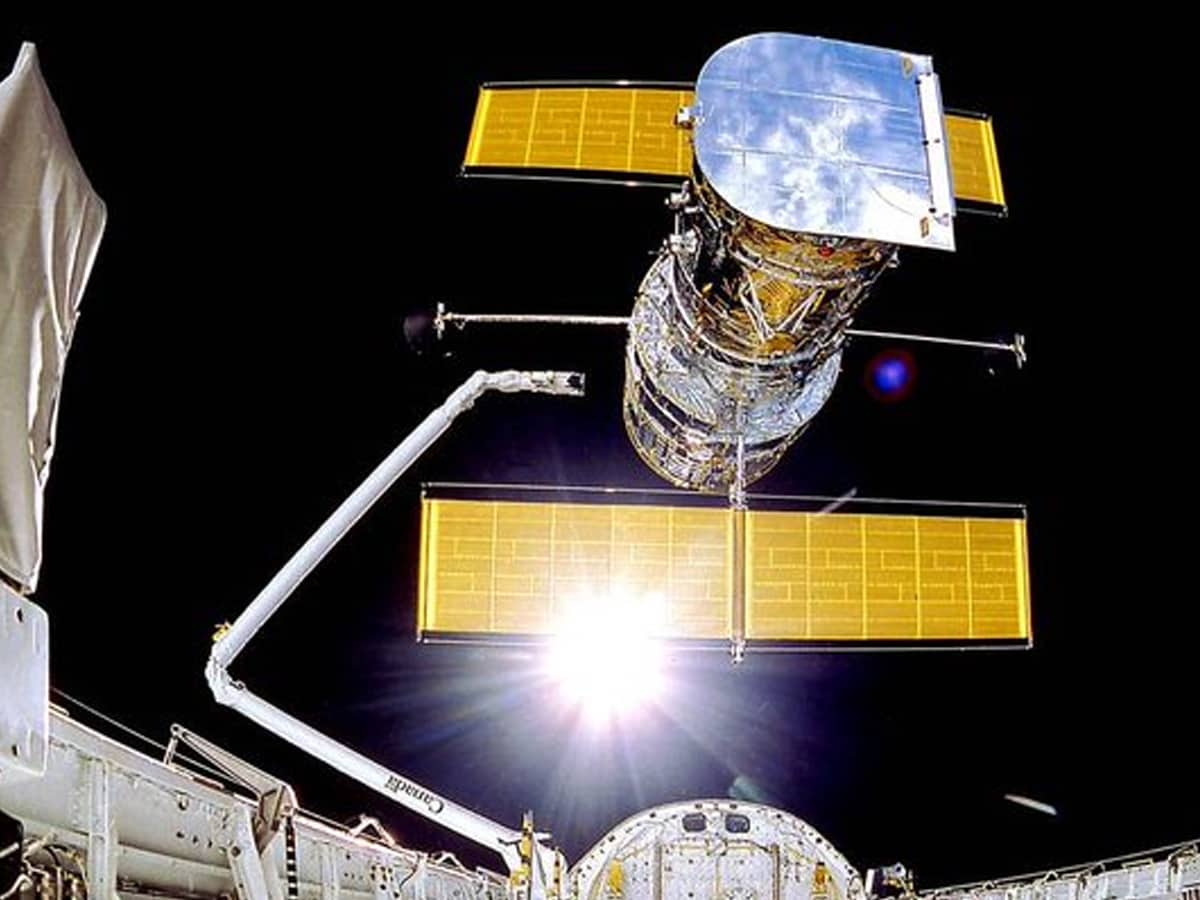Washington: NASA has returned the science instruments on the Hubble Space Telescope to operational status, almost a month after suspending their work due to trouble with its payload computer.
Hubble, which has been watching the universe over the past three decades, faced trouble with its payload computer on June 13. As the computer halted, the instruments were kept in a safe configuration and science data collection was suspended.
The Hubble team has been investigating the cause of the payload computer problem since then. The team identified that the problem lies in the Power Control Unit (PCU) which ensures a steady voltage supply to the payload computer’s hardware.
On July 15, scientists at the US space agency successfully switched to backup hardware on the Hubble Space Telescope, including powering on the backup payload computer.
The collection of science data will now resume, NASA said on Saturday.
“All instruments on the Hubble Space Telescope are now in operational status, and science data is once again being collected to further our understanding of the universe,” the agency said in a tweet.
NASA anticipates that Hubble will last for many more years and will continue making groundbreaking observations, working in tandem with other space observatories including the James Webb Space Telescope to further knowledge of the cosmos.
“Hubble is an icon, giving us incredible insight into the cosmos over the past three decades,” said NASA Administrator Bill Nelson.
“I’m proud of the Hubble team, from current members to Hubble alumni who stepped in to lend their support and expertise. Thanks to their dedication and thoughtful work, Hubble will continue to build on its 31-year legacy, broadening our horizons with its view of the universe,” he added.
Launched in 1990, Hubble has been observing the universe for over 31 years. It has taken over 1.5 million observations of the universe, and over 18,000 scientific papers have been published with its data.
It has contributed to some of the most significant discoveries of our cosmos, including the accelerating expansion of the universe, the evolution of galaxies over time, and the first atmospheric studies of planets beyond our solar system.

